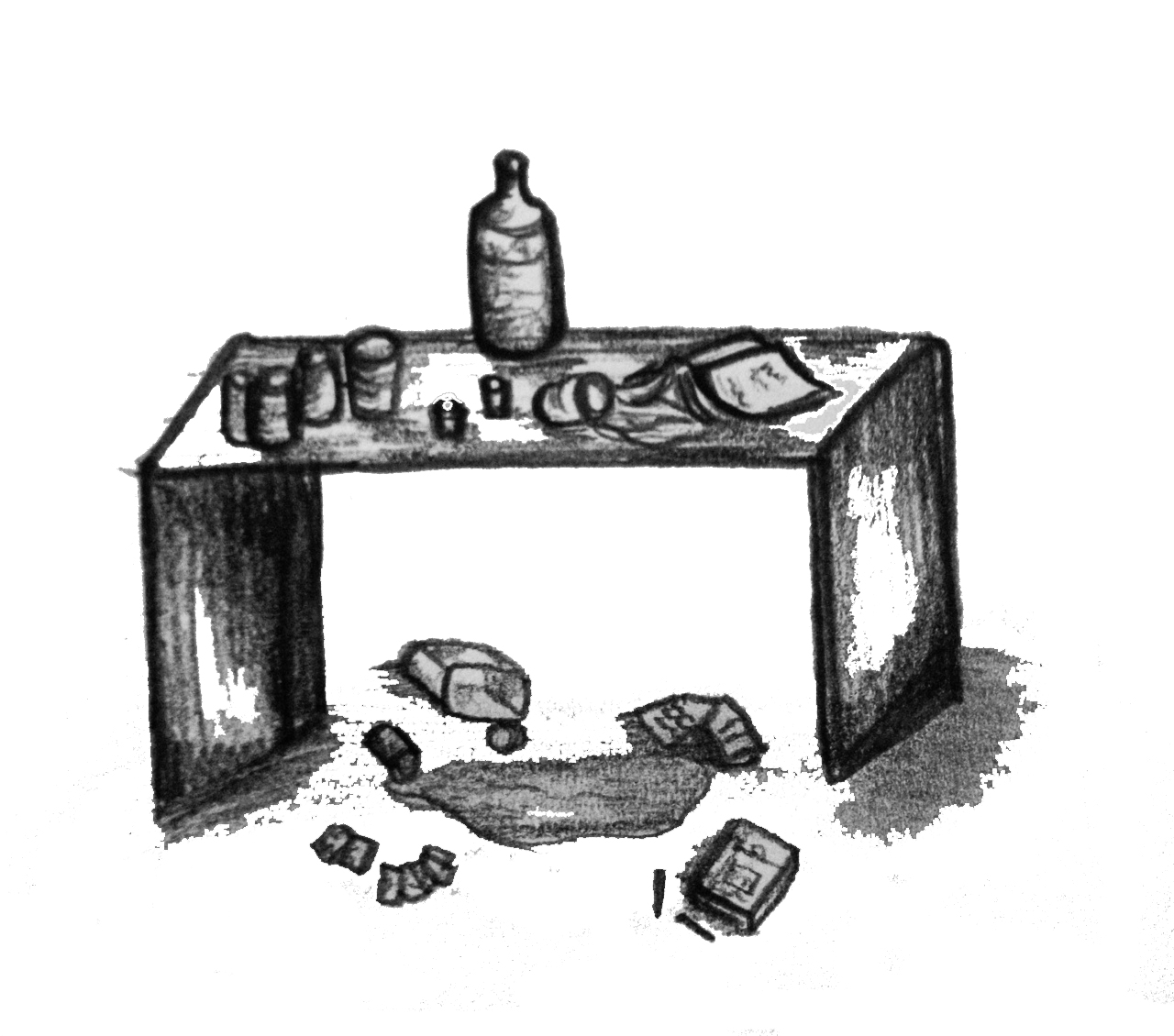“I didn’t do the reading.” It’s an admission that we all make to ourselves or to each other at one time or another over our college careers, but one that many of us would be less than comfortable telling our professors. It happens just the same to the English major who chose the department partially because he thought it was the coolest thing that he could get a degree in reading and writing about novels – wait, that’s considered work? – as to the student who doesn’t particularly enjoy books. But what happens when we do the reading, and what happens when we don’t? Why should we do the reading? “Why are we reading this, Professor?” In answering that last question, we’re actually thinking more deeply about the book or article, beyond the question of what is happening within the assigned pages.
But first, what happens when we don’t do the reading? On the rare occasion – honestly – that I don’t (because I haven’t made the time for it) and have just skimmed the bold-faced conclusion section of an article (that counts as doing the reading, right?) I am unsure of what I want to say and how the reading might relate. I end up fumbling with the article, trying to find the passage that I glanced at just before class. Or I find myself overcompensating, talking about what I do know so that maybe, maybe it’s not so obvious that I haven’t done all of the reading. (I have my doubts about whether I manage to pull it off… Somehow suddenly going silent after engaging in the discussion seems like it would be quite suspicious.) Regardless of whether I pull it off or not though, class meetings when I’ve done the reading are so much more fun than those when I have not. And in the couple – well, three – instances where I haven’t finished a book (I’m really damning myself now), I find that that has limited not only my in class discussions but also in derivative assignments. My thoughts in these moments: I can’t write about that book, because I didn’t finish it. Let’s see, that leaves… one book I can write about. Now to go finish it. And: I hope that he doesn’t quiz us about that book because I didn’t finish it. Or, maybe a friend mentions a book, and you’ve read it … except that you haven’t.
Contrast these situations that we all have with what happens when we do the reading. Class, as I’ve said, is a lot more enjoyable; we’re not hoping that it will end before we get called on. Instead, we make actual coherent sentences about ideas that were actually presented in the reading. We can follow the professor when he brings out disparate passages … and maybe they turn out not to be so disparate after all, now that we’ve done the reading.
When we do the reading, or have read more about a topic than what’s assigned, we find connections between the different courses that we’re taking, even those housed in what we’d at first think are very different departments – something the general education reform process has repeatedly told us is something we’re supposed to be gaining out of college. We might notice, say, that the writings of Michel Foucault (a twentieth century French academic who theorized about power relations) that we read in our literary theory course help us to understand a book we are now reading in an anthropology course, or gives us a point of entry into an otherwise bamboozling lecture. Or we might get really happy when we realize that we actually know what a professor is alluding to when he mentions Medea in relation to Ancient Greek religion even though we aren’t reading the eponymous Euripides play for the class.
And then there’s the related situation where we find ourselves reading the same book multiple
times. Many of us complain about this, and I’ve been pleased that my booklists have not overlapped much at all, even when multiple courses I’ve taken deal with similar topics. And yet, we end up getting a lot more out of a book if we’ve read it multiple times. The first time I read Chinua Achebe’s Things Fall Apart, I finished it in a day while listening to Debussy. But I’ve read it again, and then again, when professors have assigned it; and each time, I find something more. Or the Iliad, which I only read the first time because I wanted to read a derivative, and I thought that I should probably read the original first. So, I choked it down in a week. I didn’t particularly like it that summer, finding it formulaic and obnoxiously repetitive: this entire stanza has already been said three times. Tell me something new. Then, about a year later, a professor assigned portions of it in an Ancient Greek history class and, guess what? I found out that the repetition served a purpose – and I was able to connect the sections we read because I had read the epic before, something I don’t think I would have been able to do very easily otherwise. And I enjoyed it the second time, enough to take another course, this one about the classical epic as a genre. And living with these books, I keep making more and different – and thrilling – observations. •










